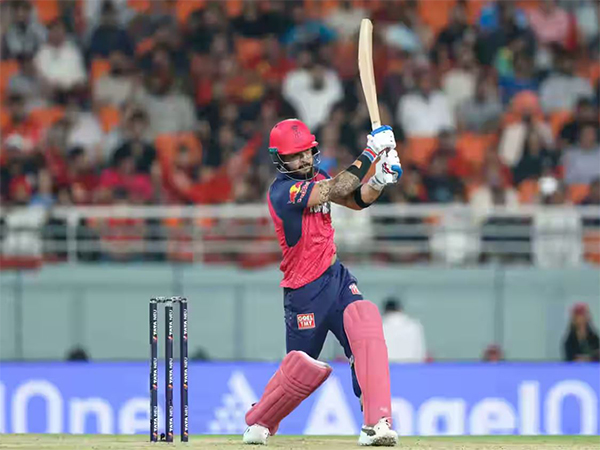Ronnie Flanagan to retire from ICC Anti-Corruption Unit in October
Sep 23, 2024

New Delhi [India], September 23 : Ronnie Flanagan, who has been serving as the independent chair of the ICC Anti-Corruption Unit (ACU) since 2010, will retire at the end of October. This decision follows closely on the heels of ACU head Alex Marshall's announcement that he will also retire in November.
Flanagan, a highly esteemed senior cop, has had an illustrious career. According to ESPNcricinfo, he was the Home Office chief inspector of constabulary for England, Wales, and Northern Ireland, and previously served as the chief constable of the Police Service of Northern Ireland. Flanagan succeeded Lord Paul Condon, the inaugural head of the ACU, who stepped down in 2010 after a decade of service.
Lord Condon was appointed by the ICC in 2000 with the crucial task of addressing the rampant issue of match-fixing. His tenure saw the imposition of life bans on three international cricket captains: Mohammad Azharuddin, Saleem Malik, and the late Hansie Cronje. Condon's leadership established essential safeguards to protect the integrity of cricket from corrupt influences.
As his tenure was coming to a close, Condon cautioned that T20 cricket, particularly domestic franchise leagues, posed the most significant threat to the sport's integrity.
His warning proved prescient when the IPL corruption scandal emerged in 2013. At the ICC annual conference that year, Flanagan urged cricket boards worldwide to adopt strict anti-corruption measures. He emphasised the need for robust laws to prosecute players, match officials, and franchise owners guilty of corrupt practices, especially in domestic T20 leagues, to prevent future scandals.
The ICC has announced that it will propose its recommendation for Flanagan's successor at its quarterly meetings in October. As Flanagan prepares to step down, the cricketing community acknowledges his pivotal role in strengthening the sport's defences against corruption. His efforts, along with those of his predecessor, have been instrumental in safeguarding cricket's integrity, although challenges remain in the evolving landscape of domestic and international competitions.




















